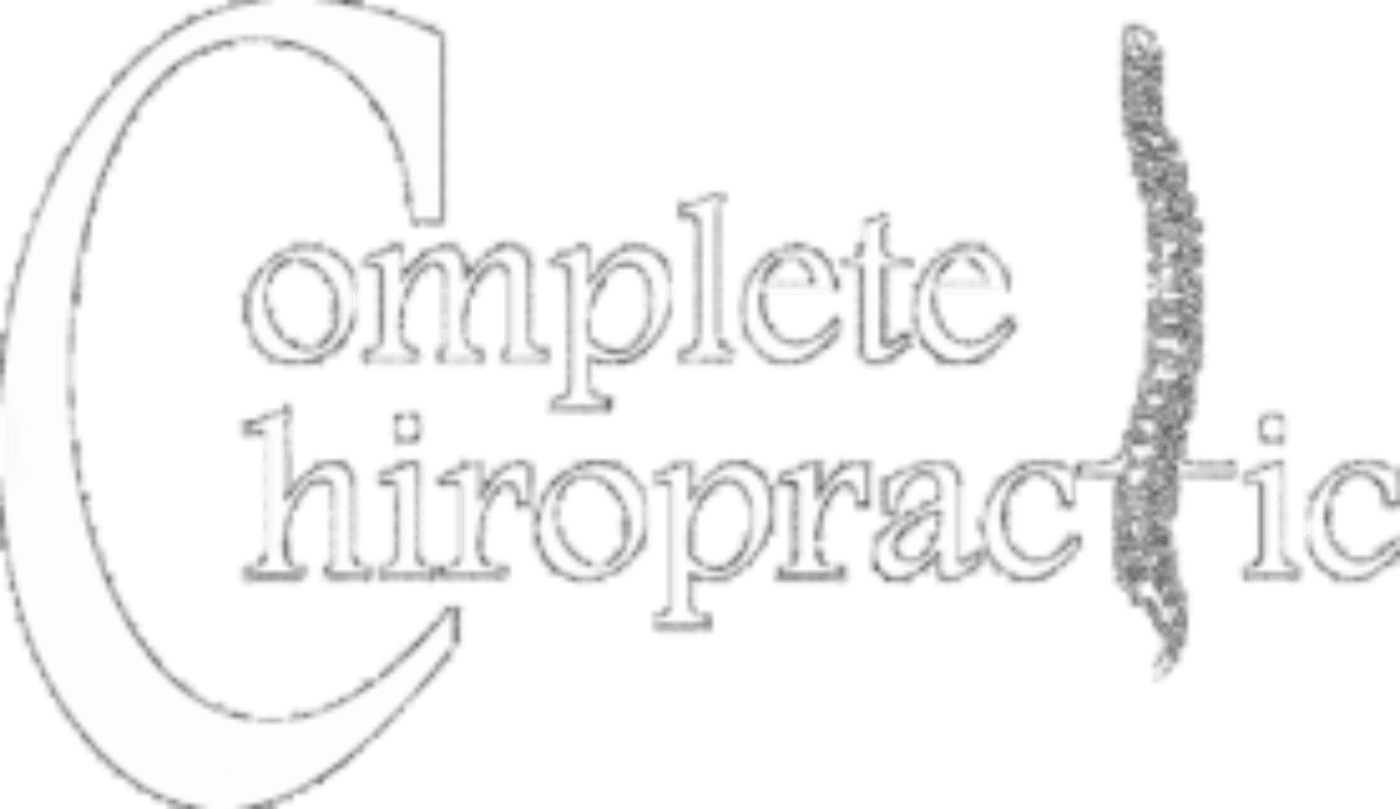What is a disc?
A spinal disc is a soft cushion that lays between the vertebrae in the back and neck. The job of a disc is to act as a shock absorber for the spine. There are 2 layers to a disc. The inner layer is filled with a jelly-like substance while the outer layer is made of cartilage. A young persons disc will be soft and elastic but as we age our discs become less flexible.
What happens when a disc herniates?
As the disc becomes more rigid it is more prone to injury. The outer cartilaginous rings may break and cause the inner jelly-like substance to leak out. This will lead to inflammation in the area . Either this inflammation or the disc itself can press on the spinal nerve causing pain. Disc herniations can happen anywhere in the back but are most common in the low back. They occur most frequently in people between 35-55 years old.
Common causes of disc herniations
- Improper Lifting
- Repetitive Motion Injury (years of doing the same thing over and over)
- Car Accident
- Disc Degeneration (wear and tear)
- Excess body weight, which places added stress on the disc
Symptoms of a herniated disc
- Low Back Pain– may be severe
- Pain into the Arms or Legs
- Weakness in the Extremities
- Numbness & Tingling into the Arms or Legs
- Loss of Bowel/Bladder Control
* If you experience bowel or bladder problems contact your physician immediately.*
Treatment options
- Chiropractic Manipulation– chiropractic adjustments help to restore the normal movement of your joints, which helps to decrease inflammation and gives the disc the space it needs to heal
- Rehabilitative exercises– can help to decrease muscle spasms associated with the herniation, rehabilitative exercises can also help to strengthen and stabilize your back to help prevent future occurs of disc problems
- Ice– will help to decrease the inflammation
- Electric Muscle Stimulation– can help with pain suppression and also helps to relax muscles
- Rest- don’t rest too much, get moving as soon as possible, movement will help the healing process
- Medication/Epidural Injections
Most back pain resulting from a disc herniation will resolve with 2-3 months. If there is no resolution with conservative treatment surgery may be an option.

Comments are closed.